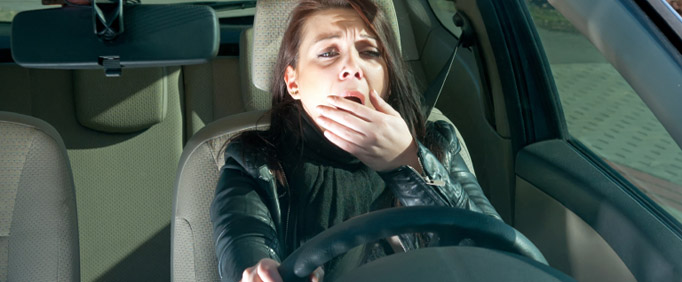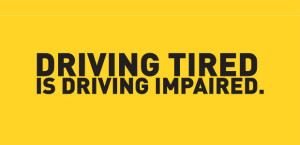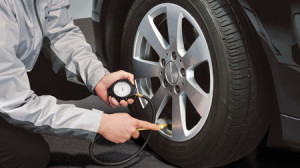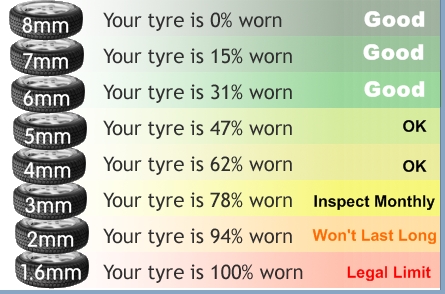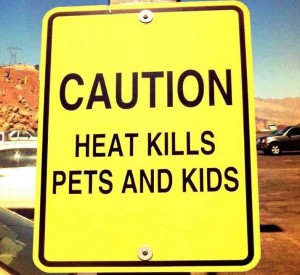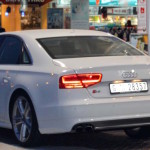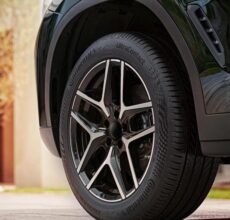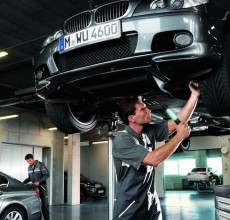It’s a hot mid-summer. It is the longest fasting days in 36 years. Now, that calls for additional caution when you are on the road this Ramadan. Both in driver alertness as well as vehicle safety – especially tyres.
The peak traffic hours also have shifted due to the shift in office hours and shopping hours. If you aren’t fasting it could help if you don’t wait for the traffic to build up. Leave a little early while those who are fasting choose to start off later than usual. This way, everyone enjoys a little less rush on the road.
The return drive in the afternoon also calls for the same sense of traffic. Leave a little later than the dispersal hour (3 pm for most offices) so that the drive is smoother home. Anyway, you get to go home earlier than usual. Let it be an easier drive as well.
I have collated some useful and important tips, including some recommendations sent out by Emirates Driving Institute for drivers during Ramadan. It talks about the effects of going without food and water for hours on the mind and the body. As people could be waking up early for an early meal and Suhoor prayers, lack of sleep could be common. This could cause impaired performance, irritability, daytime drowsiness, lack of concentration, nodding etc. Distraction, yawning and sore eyes could even lead to missing road signs of exits, slips in lane discipline and erratic speeds.
“Few hours of sleep, evenings full of social obligations and errant meal times affect the driver’s ability to remain alert and focused while driving. Fatigue reduces the driver’s concentration level and increases his reaction time. It means that extreme caution is required during Ramadan” says Mr. Abdul Razak from Emirates Driving Institute.
Below are some precautionary tips from Emirates Driving Institute:
• Plan your daily schedule to get enough sleep, continue to exercise and eat your meals at a fixed time.
• Don’t drive if you are sleepy. If you are driving, immediately pull over to a safe place and catch a quick nap.
• Be more patient courteous and more careful on the road. You don’t know who is fasting and how fatigued someone is.
• Make it easier for you to see the road and be seen. Ensure lights, wipers and indicators are working properly.
• Practise defensive driving
TAKE CARE TO AVOID TYRE-RELATED INCIDENTS IN THE SUMMER
Intense summer does influence the air inside the tyres. They expand, and could cause over-inflation leading to a tyre burst or a blowout at worst.
Check the tyre pressure regularly and do it when the tyres are cold.
• Check for uneven wear and worn out edges. A wheel alignment could be in order.
• Run your fingers along the tread and feel for lumps; also check for cracked side walls, withering or even cuts and tears.
• Tread wear indications (TWI) are usually placed at 1.6 mm for most tyres. It is indicated on the side wall. The tyre needs to be replaced when the tread depth is just before the TWI.
• Fill the right amount of air, as indicated by your vehicle. Less air can increase friction with the road and heat up the tyre, while more air could mean less grip and a bumpy ride.
• Park in the shade as far as possible. If no closed parking is available, allow the rear windscreen to take in the sun.
• Tinting the window and using sunshade saves the cabin from heating up too much, but ensure that the tint doesn’t exceed the legal limit of 30 per cent (for UAE).
Check oil, belt and battery regularly and more stringently
• Important: Don’t store pressurized items like lighters and perfume bottles – they might explode releasing harmful chemicals into the cabin.
Most important: DON’T LEAVE PETS OR KIDS INSIDE THE CAR IN THE SUMMER HEAT. IT COULD BE DISASTROUS AND EVEN FATAL.

